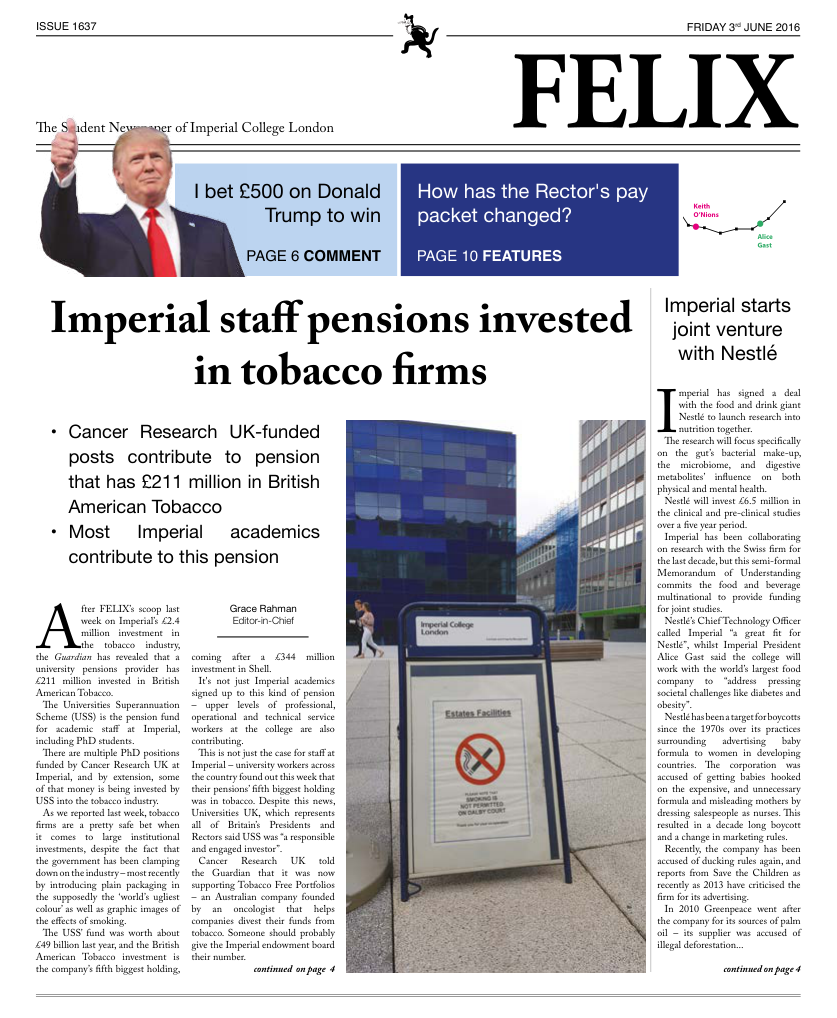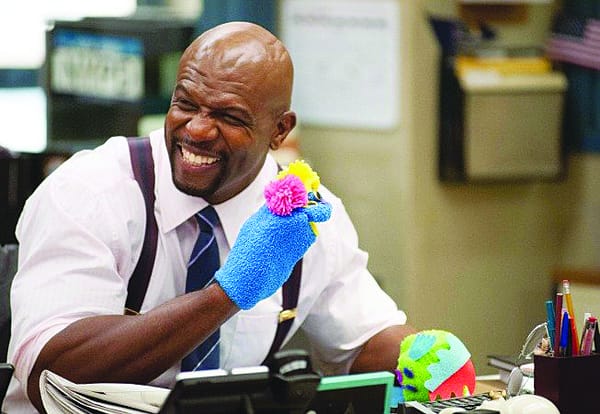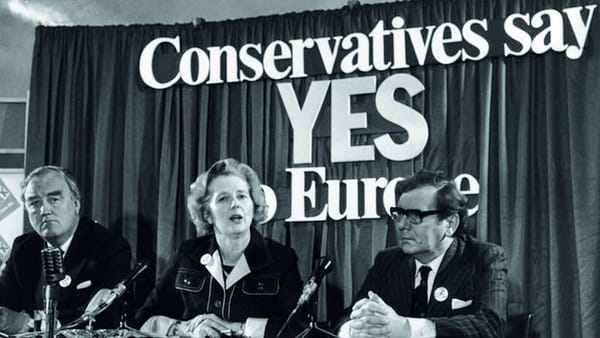Who are we to vote on EU membership?
To be honest, we don't really know what we're talking about

As the date of the EU referendum approaches, we are being flooded with Remain vs Exit articles on all media. However, this is NOT going to be another advocating piece. In fact, I am wondering why one even gets to vote on such an issue at all.
Before you label me an authoritarian-totalitarian-fascist and rush to attack me in the comments section or dismiss this article altogether, let me explain why I think the idea of referendums contradict the fundamentals of a democratic process and effective governance.
First, let's all take a step back and ask ourselves: do we actually know enough? I am not trying to belittle your intelligence, but we are talking about conducting an analysis of the EU, which comprises 28 countries, forming the biggest economy in the world (nominally). This is serious. Consider a crude analogy: would you want an airbus to be designed by the population? Again, before you rush to the comment section and cleverly point out the numerous differences, the analogy serves to demonstrate that they both involve highly complicated and delicate evaluations, which lead to long term and lasting consequences. In fact, I would further argue that deciding whether a (your) nation should remain in a political union is far more difficult; there is no “analytical solution”, hell, not even a numerical one through some Runge Kutta method. Even if you personally possess a cutting edge insight regarding the matter and accurately predict what the future holds, what percentage of the population can do that? Far too often, opinions are being swayed by three minute Youtube videos or a ten minute read of an article written by an obviously biased (The Economist ahem) source. These forms of media provide little to no genuine contribution to solving any problems. The bottom line is that people who spend YEARS studying economics can barely understand what is going on, so how can we have possibly have figured it out?
At this point, the reader might rightly ask “If the general population is incapable of making difficult and well informed choices, what is the point of an election? After all, the population is selecting the person who will lead their country." Here, I argue that the election of a person is of a very different nature to a referendum on an issue. Sure, candidates have campaign policies and parties are biased towards certain ideologies, but an election makes things personal. Ultimately, the choice is based on our evaluation of the person, which I believe the population is far more capable of than non-linear political-economic analysis. It does not matter what academic knowledge you hold, nor whether you went to Harvard. Through daily interactions with our family, friends and enemies, our abilities to evaluate people have been developing from the day we were born. An election is a process in which the candidate undergoes public evaluation, the ultimate test of a candidate’s character. Sure, we might make mistakes sometimes, such as trusting the cheating piece-of-shit partner we loved; but there is currently no better way for us to pick someone to lead.
Moving onto the more general problem I see here, I find the idea of entrusting difficult and complex issues to the public ridiculous, and it goes against everything I believe a democratic and effective governance should be. My idea of a functional system is one in which the population elects leaders with clear, strong and decisive standards. In return, the chosen ones should lead decisively (with checks and balances, of course). If Cameron believes that Remain is the way to go, he should have campaigned for Remain during the election; if the UK thinks he’s nuts, he's out of 10 Downing Street. Do we want to descend into an unhealthy and unproductive spiral, where all parties go for saying “we will let you decide later”? What they are essentially saying is “Whatever you decide, if you f*ck up, don’t blame us, we gave you the choice.” Instead of shoving the decision back into the hands of the public, those governing should conduct the analysis with all the talent they can find, subject to the population’s query and opinion, come to a decision and take responsibility for the outcome.
Do not, for a moment, think that I am (or let people say you are) being a coward for not wanting to make the choice. We should be afraid of what the outcome will be given the magnitude of the problem. We, 'the people', are powerful because we decide who will come to power, and not because we get to decide upon things that most of us can’t even begin to comprehend. Certainly, I might be overly ideological, unrealistic and have overlooked some seriously obviously stuff. Coming back to the real world, where we are being presented with such a referendum, we are aware of the existence of complete lunatics and we are facing a choice, we should do our best to comprehend and vote for what we believe in at the moment – I just don’t think this to be the way to go.
Looking across the pond, god knows how much I despise and hate Donald, but at least he is confident enough in his (possibly delusional) supporters to not hold a referendum on building the Mexican wall.









